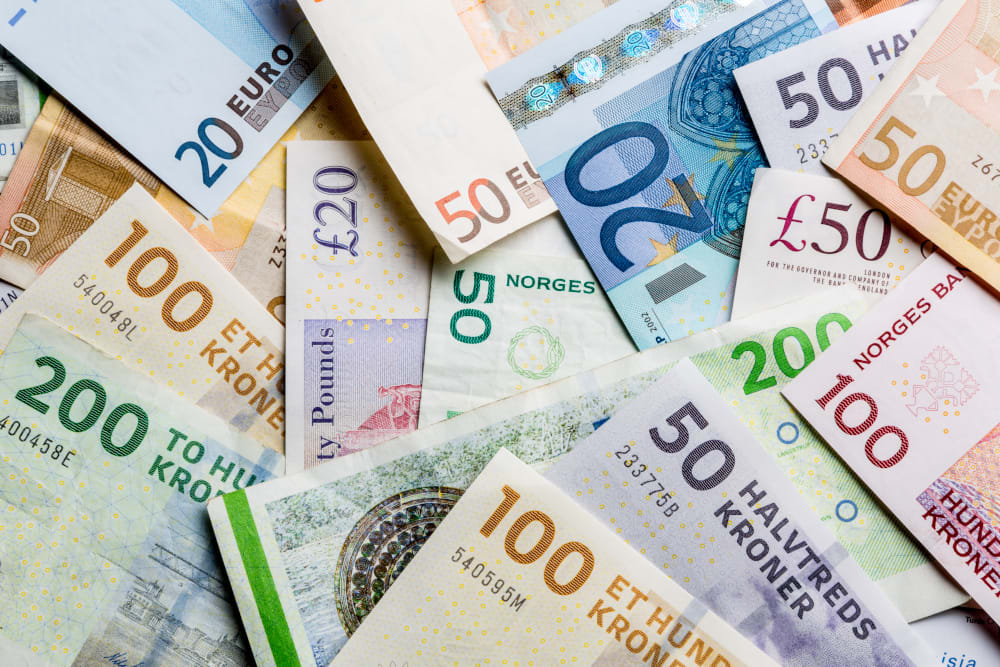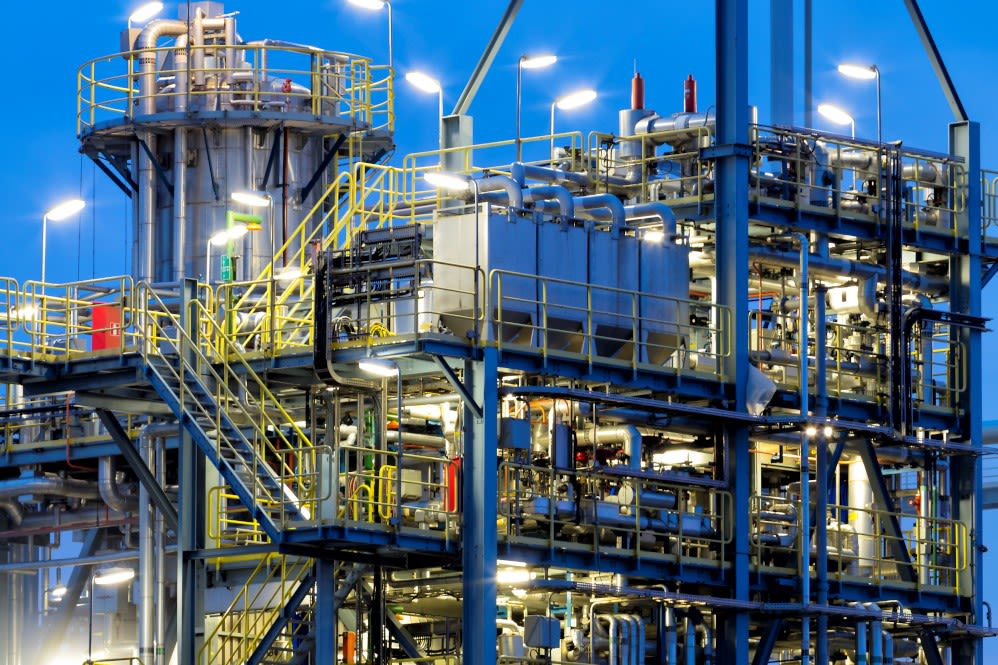EMEA primary follow-on deals have best year since 2021
Primary follow-on deals in Europe, the Middle East and Africa (EMEA) have had their strongest year since the bumper period of 2021, as energy and utilities transactions drove volumes higher in 2025.
Primary volumes stand at USD 77.5bn from 893 deals in the year to date (YTD), up from USD 66.4bn across 930 deals last year, according to Dealogic.
Volumes this year were boosted by two huge offerings: utility services provider Ørsted’s DKK 59.6bn (USD 9.3bn) rights issue in October and Spanish power giant Iberdrola’s EUR 5.0bn (USD 5.9bn) capital increase in July. These together accounted for almost 20% of total issuance.
Ørsted’s raise was 99.3% subscribed and priced at DKK 66.60 per share, a c.67% headline discount, which underscored the balance-sheet repair dynamic. Meanwhile, Iberdrola’s accelerated bookbuild (ABB) cleared at EUR 15.15 and was 3.8x oversubscribed.
The deals were emblematic of a broader trend that saw energy and utilities firms returning to the equity markets to strengthen balance sheets, fund renewables investment, and reduce leverage amid higher financing costs.
“Two playbooks dominate: deep-discount rights issues for balance-sheet repair, and tight accelerated primaries for growth — with Ørsted the poster child for the former, and Iberdrola for the latter,” an ECM banker said.
At a sector level, European utilities’ capex guidance implies a step-up in grid and transition spend, estimated around EUR 160bn in 2025 across the top 40 European utilities, according to a report by ING bank.
Other names in the sector that turned to shareholders for fresh capital via primary follow-on deals included German full-service energy company EnBW Energie Baden-Wurttemberg, which priced a EUR 3.1bn (USD 3.6bn) rights issue, and Italian gas distributor Italgas, which raised EUR 1.0bn (USD 1.2bn) through a similar structure.
But it wasn’t only large-cap issuers that tapped the market. Companies with market capitalisations below USD 5bn also took advantage of receptive conditions to raise primary equity, often to fund expansion or reposition balance sheets for growth.
Among them were investment company Rosebank Industries, which raised GBP 1.2bn (USD 1.6bn), and Warba Bank, which collected KWD 436.7m (USD 1.4bn) via a rights offer.
“The bar for story quality is still high, but the window is very much open,” the ECM banker added.
Still, not all market participants were equally enthusiastic.
“We would have expected better,” a second ECM banker said. “Stocks have re-rated and conditions are attractive for refinancing, but many corporates already raised equity post-COVID, so they don’t need to come back unnecessarily.”
Inflation eases
The boost in overall primary issuance comes as euro-area inflation eased and the European Central Bank (ECB) cut interest rates in March and June. The rate-cutting cycle had begun in June 2024.
While the rate cuts have paused, the eight cuts so far have created a tailwind, particularly when compared to 2023 at the height of the inflation crisis.
There was a clear contrast between the inflation shock and the environment during COVID and the immediate post-pandemic period, when corporates rushed to the primary markets to shore up liquidity, repair balance sheets, and weather macro uncertainty
Issuance went from USD 127bn from 1,172 deals in 2020 to a record USD 176bn from 1,364 deals in 2021.
The two largest transactions of those years were Vonovia’s EUR 8.1bn (USD 9.1bn) rights issue in December 2021 and Cellnex Telecom’s EUR 7.0bn (USD 8.4bn) offering in April 2021.
Nevertheless, while 2025 volumes have not returned to those pandemic-era highs, the rebound in primary follow-ons marks a clear improvement on recent years, suggesting renewed investor appetite and confidence in equity financing.
The 2026 pipeline to remain skewed to regulated grids, with select recapitalisations in renewables as projects refinance and policy frameworks settle, according to a report by Morningstar Equity Research.











